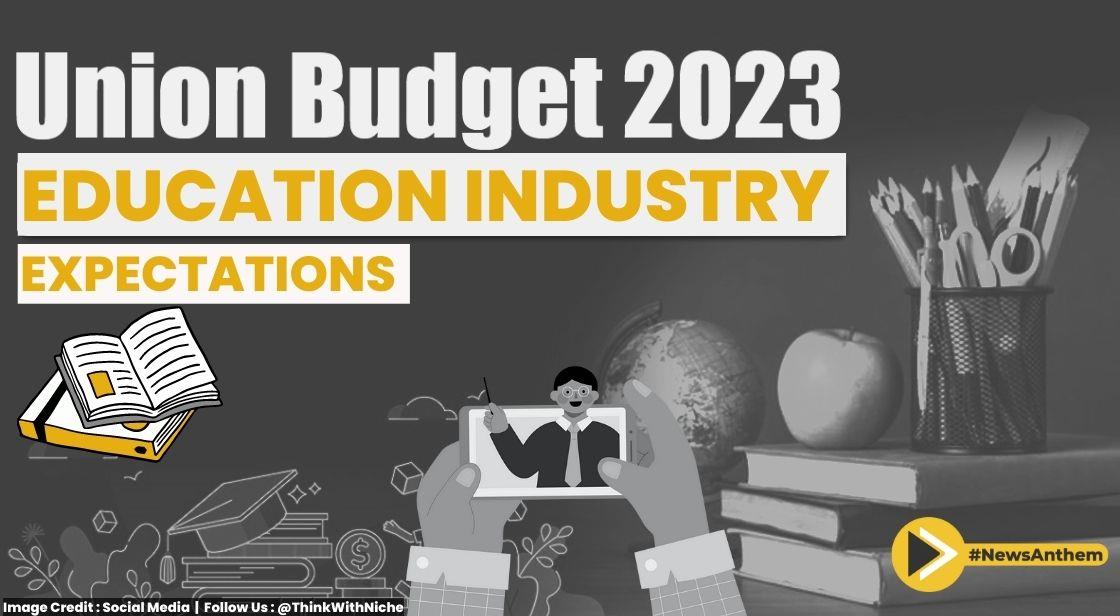Budget 2023: What Education Industry Expects From FM Nirmala Sitharaman

News Synopsis
The Union Budget 2023-24 will be presented by Finance Minister Nirmala Sitharaman on February 1. The budget will be unveiled at a time when the world is struggling with inflation, a global recession, and the current Russia-Ukraine war.
The National Education Policy (NEP) has recently seen the introduction of new programmes, and as a result, the education industry has high expectations for this year's budget.
The budget for this year has been discussed by industry experts in the field of education. Lejo Sam Oommen, MD of Educational Testing Service (ETS), recommends the government to engage in early-stage exposure to internationalization in order to meet the target of having 25% of the global workforce be Indian by 2047.
Minal Anand, CEO and Founder ofGuruQ: Numerous jobs were lost the previous year as a result of the closure or downsizing of numerous Ed-Tech companies. Regulations that simplify operations for new businesses should be developed by the government. One thing that is predicted is the government's increased funding and support for internet businesses. Some countries will encourage innovation and growth in this sector by providing government support for discounted rates and incentives for Ed-Tech businesses.
The use of the funds allotted is crucial, and the Ed-Tech industry is more than willing to cooperate with the government to accelerate the expansion of education in India. The tax on ed-tech goods and services should be seriously considered by the government. In order to make this vision a reality, we would certainly like to see the government working closely with Edtech firms.
Chief Growth Officer at Veative Group, Ankita Dabas: The Union Budget for 2023–24 has high expectations for the education sector, which anticipates a targeted strategy to align education with future readiness. More than 67% of recent Indian graduates have trouble finding employment, according to a recent survey.
We absolutely stake our expectations as promoters of technology in education on the upcoming budget to open doors for bridging the skills gap between education and employment. While we are making sincere efforts to increase access to high-quality digital education, we eagerly anticipate a substantial budget allocation to train educators in the use of VR and AR for education and provide teachers with the resources and expertise necessary for the successful integration of technology in the classroom. Due to insufficient internet connectivity, about 60% of Indian schoolchildren still cannot access online learning opportunities. High-quality digital content that may make learning more dynamic and engaging, such immersive AR/VR solutions, interactive simulations, and video lectures, should receive more support for development and distribution.
You May Like









